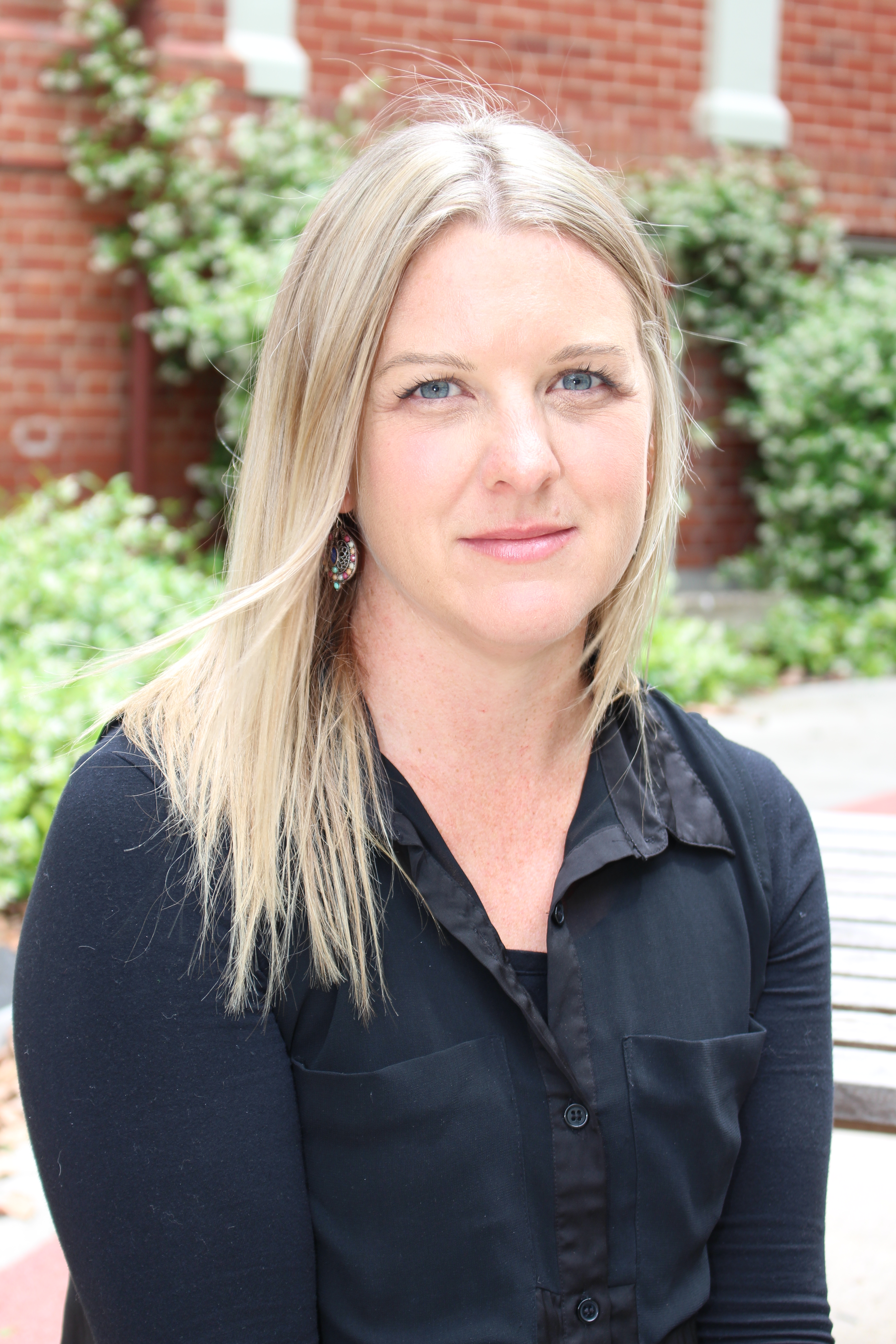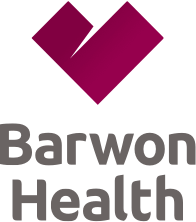A clinical trial is currently underway to determine whether an extract of mangosteen fruit rind can help reduce symptoms of depression in people with bipolar disorder. A clinical trial is currently underway to determine whether an extract of mangosteen fruit rind can help reduce symptoms of depression in people with bipolar disorder.
Commonly grown in South East Asia, mangosteen is a tropical fruit that has been used for centuries as a traditional medicine.
Researchers at Deakin University’s Centre for Innovation in Mental and Physical Health and Clinical Treatment (IMPACT), based at Barwon Health, have completed a pilot study using the mangosteen extract to successfully treat some of the symptoms of schizophrenia and hope the rind of the fruit is also be helpful as an additional agent to help in the treatment and recovery of people with bipolar disorder.
The current treatments for bipolar disorder are less effective in the depressive phase of the illness, which can last three times longer than the manic phase.
Study co-ordinator Lucy Saunders said the mangosteen trial is well underway and the study is now actively looking for people with bipolar depression who would like to participate.
“The mangosteen treatment is generally well tolerated, and we have seen positive outcomes in our schizophrenia trial that we hope can be also been seen by people with bipolar disorder. This is a treatment add-on to people’s current medications, and will hopefully assist in filling the gap that traditional treatments may leave in terms of recovery,” Lucy said.
Participants will be required to take capsules that will be provided free of charge which may include the mangosteen fruit extract (or a dummy placebo) for a period of 24 weeks, in addition to continuing their usual treatment. The fruit extract is not expected to have any unwanted side effects.
The trial is being undertaken in Geelong, Melbourne and Brisbane and IMPACT is seeking 150 participants. Participants must currently have a diagnosis of bipolar disorder, be aged 18 years or older and must currently be experiencing low mood.
For more information, contact [email protected].

Study co-ordinator Lucy Saunders.

